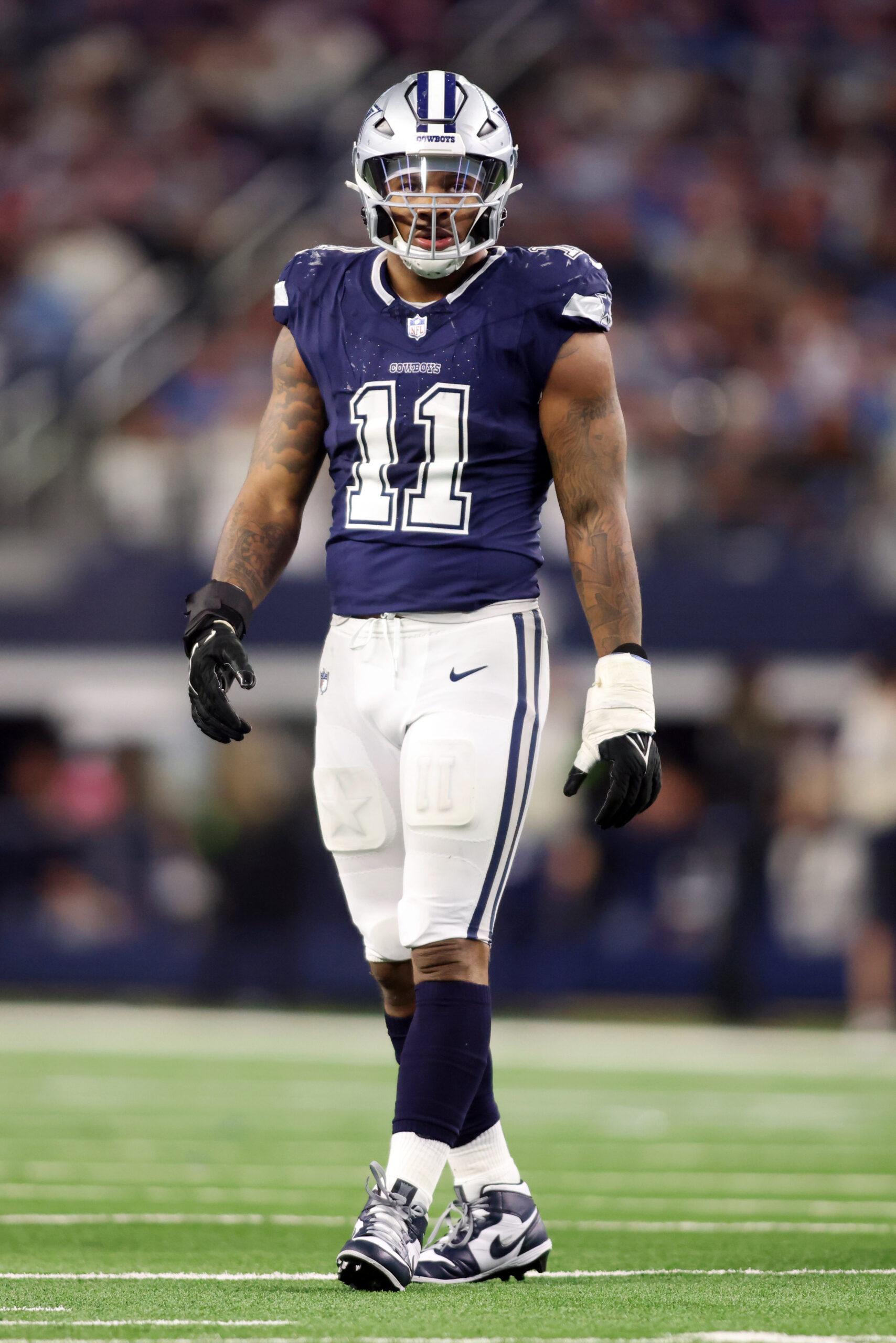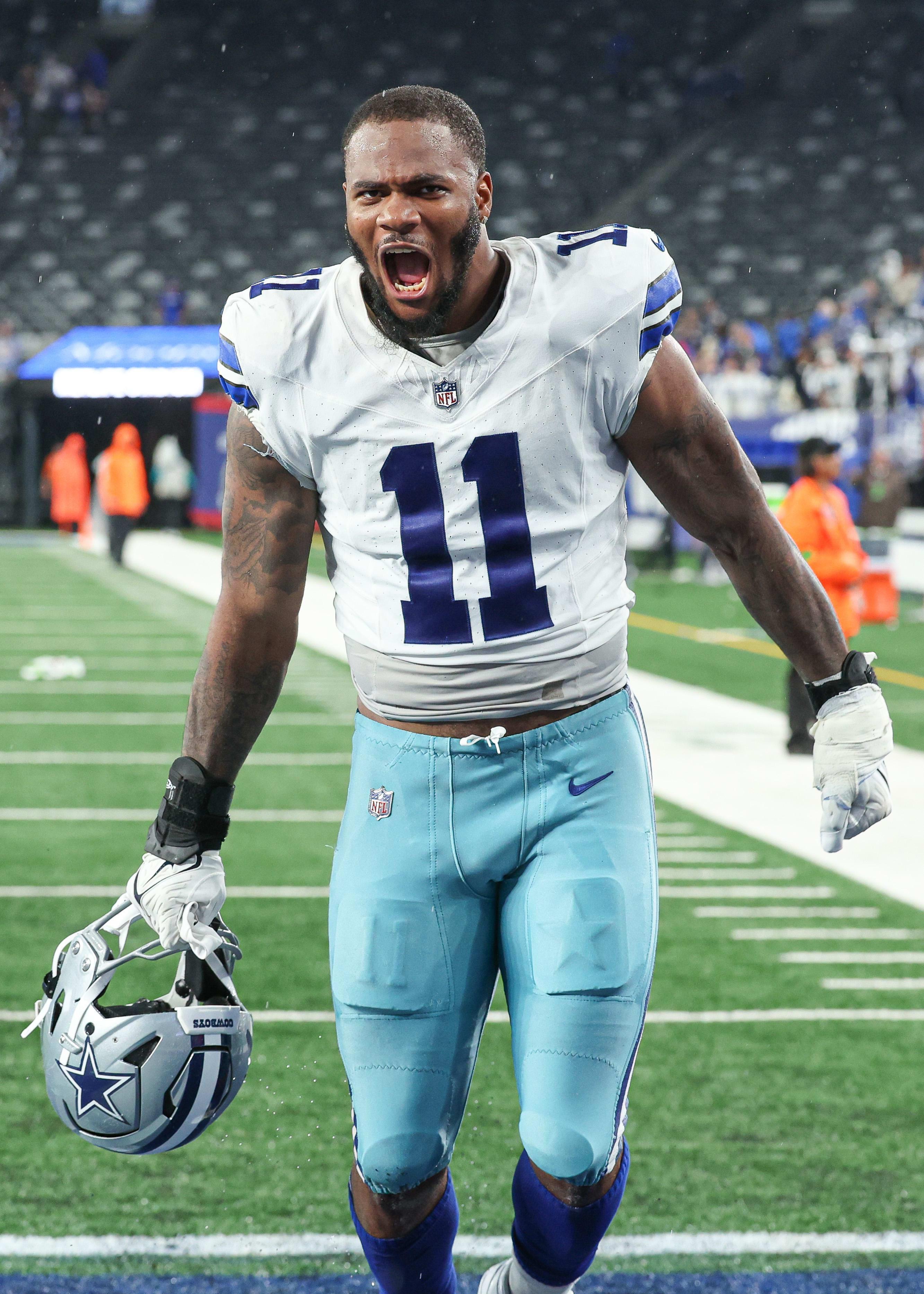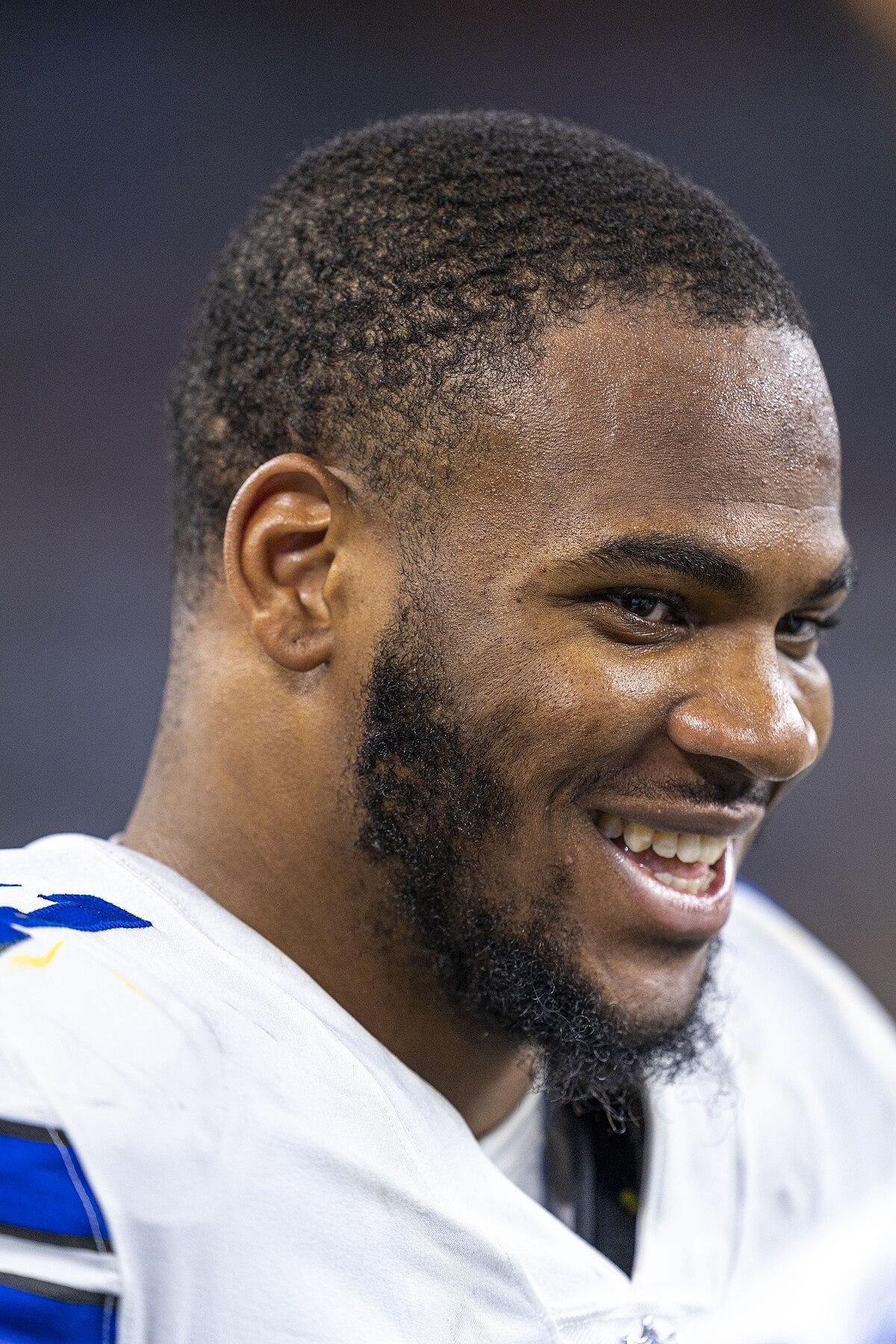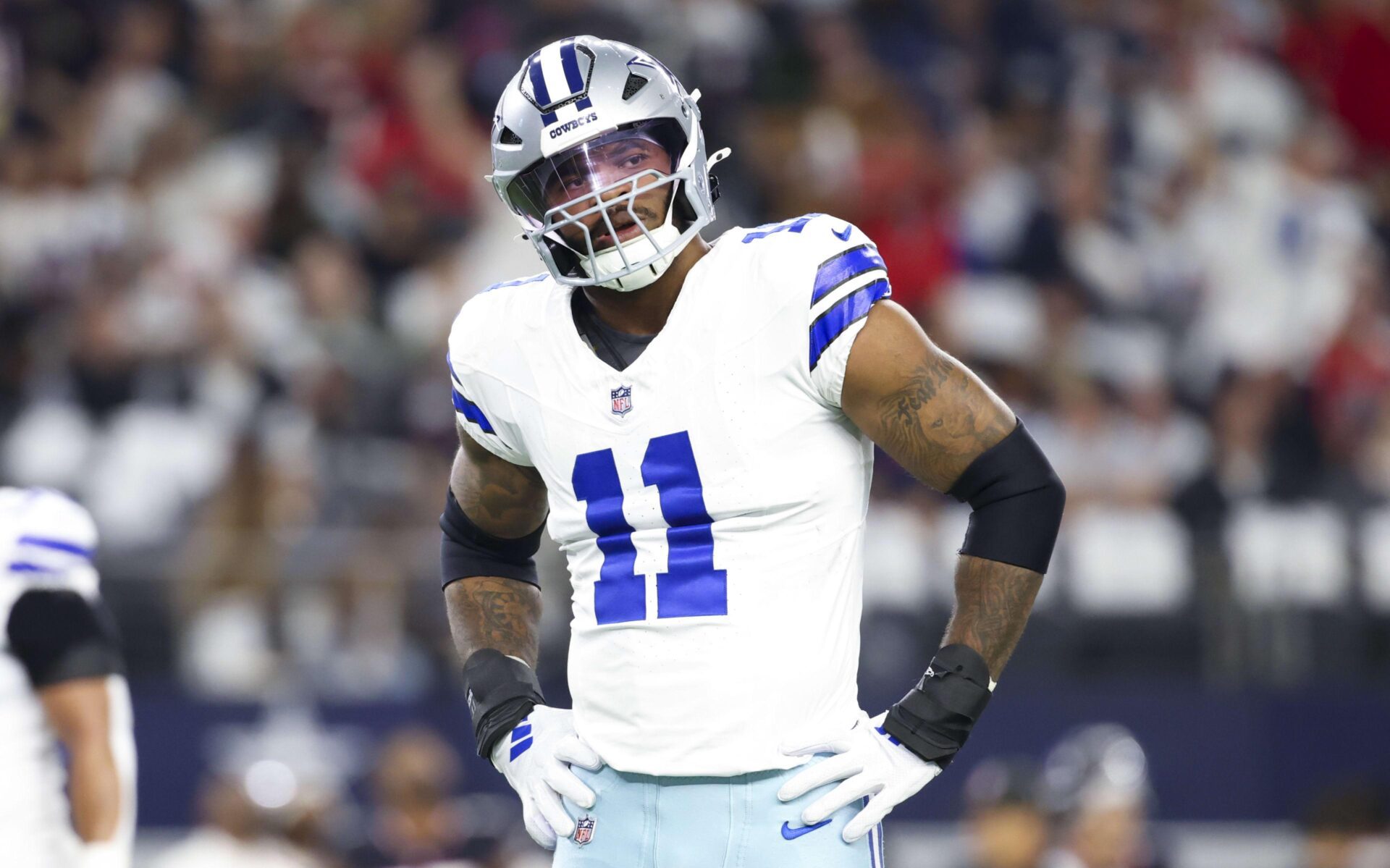Micah Parsons Controversy: The Impact of Off-Field Issues on Team Dynamics
The ongoing drama surrounding Micah Parsons has revealed a troubling pattern within the Dallas Cowboys organization, where off-field issues overshadow on-field performance. Jerry jones, the team’s owner, has often prioritized media attention over the well-being of his players and the coherence of the team. In the latest incident, Parsons found himself embroiled in controversy due to comments made during a public interview, which sent ripples throughout the locker room. This situation raises critical questions about how the Cowboys manage their star players’ public personas and the potential ramifications on team morale and cohesion. The optics of Parsons’ comments, combined with the Cowboys’ inconsistent handling of personnel issues, suggest that the pressure cooker environment may be affecting not just Parsons, but the entire organization.
As the Cowboys navigate the aftermath of this latest controversy, several factors emerge that highlight the tension between personal conduct and team unity. Among these are:
- The Disconnect Between Management and Players: When team leaders appear more concerned with public relations rather than addressing player concerns, it can create a rift that disrupts chemistry on the field.
- The Pressure of Expectations: The spotlight surrounding high-profile players like Parsons can lead to distractions that detract from team goals, fueling resentment or misunderstandings among teammates.
- The Question of Accountability: If scrutiny is not met with appropriate consequences, it could breed an environment where players feel they can act irresponsibly without fear of repercussions.
By choosing headlines over the internal harmony of the team, the Cowboys risk alienating not only their stars but also driving a wedge between the players and the management, ultimately jeopardizing their chances for success on the field.

Examining Jerry Jones’ Priorities: The Clash Between Publicity and Performance
The recent controversy surrounding Micah Parsons serves as a stark illustration of the ongoing tension within the Dallas Cowboys organization, especially under the direction of Jerry Jones. Known for his larger-than-life persona, Jones often prioritizes publicity, sometimes at the expense of the team’s performance and reputation. This latest episode sheds light on whether the spotlight is being used strategically to optimize media engagement, rather than focusing on the crucial aspects of team dynamics and success on the field. Critics argue that Jones’ approach can lead to unneeded distractions that affect team morale and ultimately impact game results.
In the wake of Parsons’ situation, several key points emerge that highlight the conflicting interests at play:
- Media Attention vs. Team Focus: Jones’ propensity to engage in sensationalism can divert attention from critical performance issues.
- Player Morale: The handling of Parsons’ case may lead to unrest within the locker room, where players prefer a focus on improving their game over media soundbites.
- Long-term Impact: By continually chasing headlines, Jones risks undermining the foundation necessary for sustained success.
This ongoing clash could redefine Jones’ legacy as he navigates the fine line between being a captivating figure in the sports world and a leader dedicated to fostering a winning franchise.

Winning Strategies or PR Moves: Recommendations for the Dallas Cowboys’ Leadership
The Dallas Cowboys’ management must prioritize a shift in focus from sensationalism to strategic depth if they aim for consistent on-field success. While headlines generate buzz,it’s critical for leadership to recognize the potential fallout from reckless publicity. The recent mishandling of Micah Parsons’ statements highlights the disconnect between fan engagement and team cohesiveness. To navigate these turbulent waters successfully, the following strategies should be embraced:
- Enhance Internal Communication: Establishing clear channels between players, management, and the coaching staff can prevent misinterpretations that lead to public controversies. A culture of openness will ensure that athletes like Parsons feel supported and understood.
- Prioritize player progress: Devote resources to refining players’ skills and mental resilience. Investing in thorough programs will emphasize winning while maintaining personal growth.
- limit Media Engagement: Before allowing players to engage in interviews, have dedicated media training sessions that enable them to handle the spotlight with poise, reducing the risk of soundbite snafus.
- Focus on Team Unity: Foster an environment where team goals overshadow individual desires for attention. This will help in cultivating a winning mindset that is often missed in the quest for headlines.
By recalibrating their focus, the Cowboys can transform their approach not only to the media but also to the very fabric of their team dynamics.It’s time for the franchise to move past the allure of being in the spotlight and redirect that energy towards enhancing team performance. Only through steady, disciplined decision-making can they hope to turn the narrative from one of distraction to that of dominance on the field.

Addressing the Fallout: Repairing Team Morale and Fostering a Winning Culture
In the aftermath of Jerry Jones’ headline-grabbing decisions, the need to mend team morale becomes paramount.Coaching staff and leadership must prioritize open communication, fostering an environment where players feel valued and heard. It’s essential to create safe spaces for discussions, allowing team members to express their concerns and frustrations without fear of repercussions. This could be accomplished through regular team meetings that emphasize openness and teamwork, ultimately reinforcing trust within the locker room. Furthermore, encouraging mentorship programs between seasoned players and rookies could enhance bonding and realign the focus toward collective team goals rather than individual headlines.
To cultivate a winning culture,it’s crucial to establish defined values that prioritize success on the field over media attention. Implementing team-building exercises can enhance camaraderie, bridging gaps that arise from recent controversies.Activities that promote collaboration and problem-solving can work wonders in restoring a sense of unity. Additionally, celebrating small victories or milestones-whether in practice or games-can reignite passion and commitment among players.Ultimately, a shared vision that reminds everyone of their ultimate goal-winning games-can shift the focus back to teamwork, perseverance, and a healthier atmosphere, eclipsing the distractions of external narratives.
